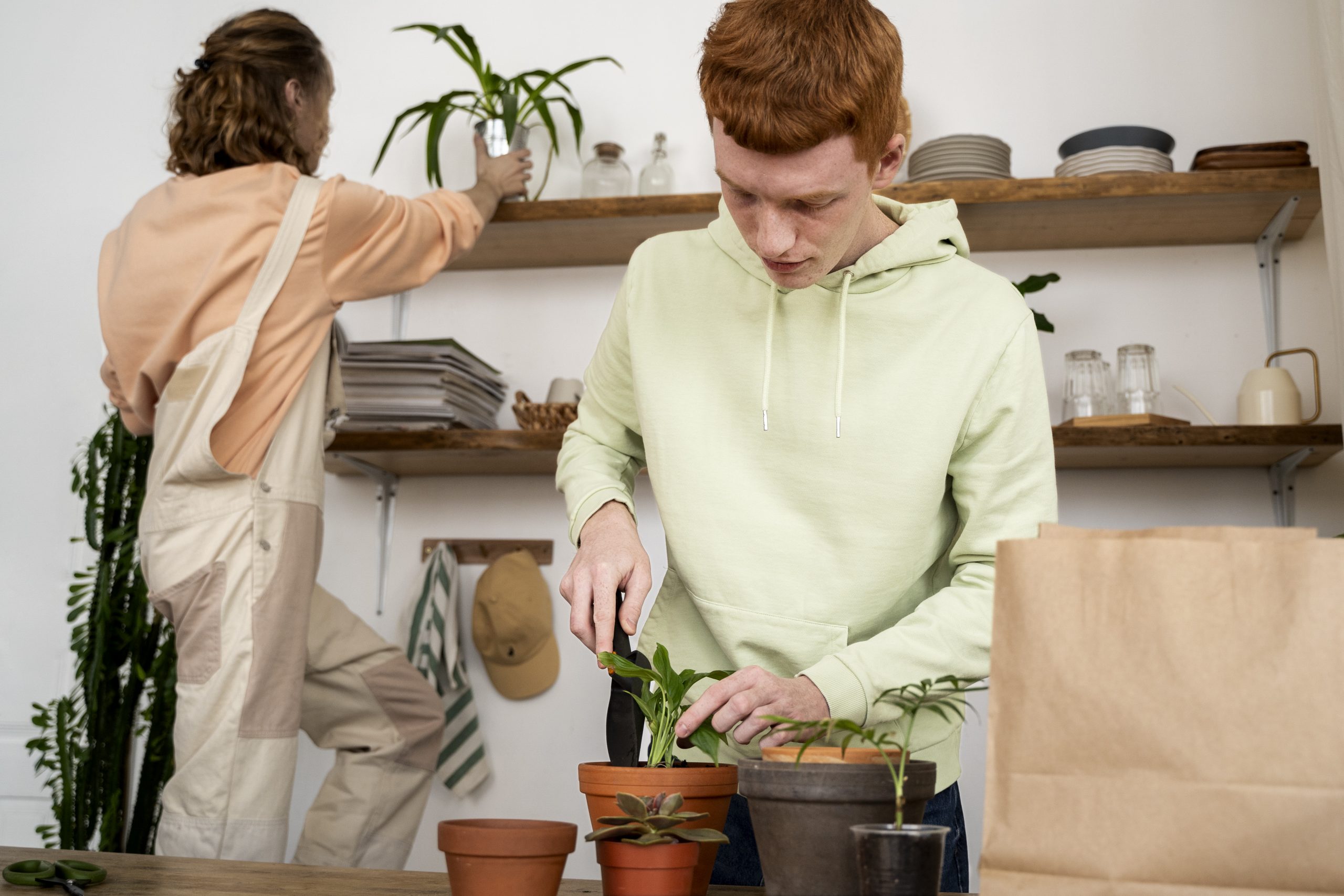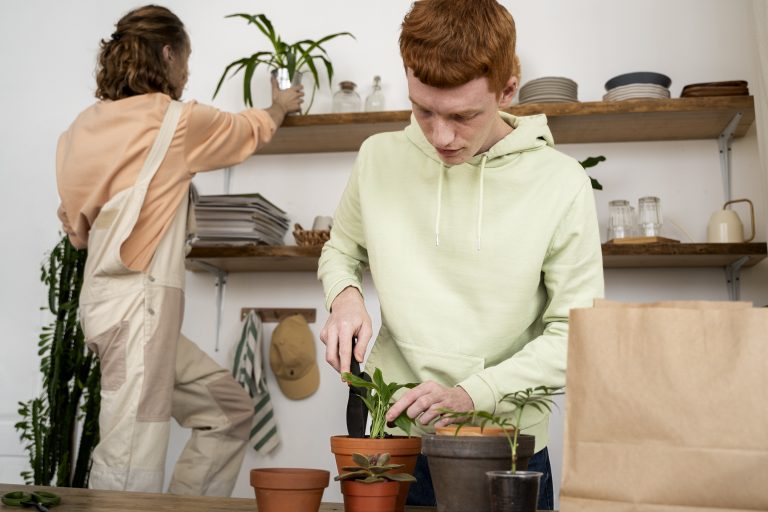In the evolving global textile economy, the category of organic home textiles, bedsheets, duvet covers, pillowcases, and other household linens made from organically grown cotton and produced under sustainable manufacturing processes has emerged as a dynamic growth segment. In the Organic Cotton Bedsheets Supplier in Georgia and Florida USA catering to this field are experiencing notable expansion in 2026, driven by multiple converging trends: consumer demand for sustainability, supply-chain adaptation, regulatory shifts, and technological innovation.
Rising Consumer & Corporate Demand
One of the strongest tailwinds for organic home textile manufacturers in the U.S. is the shift in consumer preferences. Today’s buyers, not just individual consumers but also hospitality chains, healthcare facilities, and retailers, are increasingly demanding bedding and linen products that are free of synthetic pesticides, chemical dyes, and produced under ethical labor conditions. As evidence, industry data show that the organic cotton fiber market has been expanding steadily. For example, the U.S. non-food organic fiber products market grew 15 % between 2017 and 2018 to US $1.8 billion (about $5.5 per person in the US).
Supply-Chain & Sourcing Transformations
The growth of organic home textile firms in the USA also depends heavily on supply-chain reconfiguration. Manufacturers must secure access to certified organic cotton, implement clean-dye and finishing processes, and ensure traceability and certifications (such as GOTS, OCS, OEKO-TEX) to satisfy both regulatory compliance and brand reputation.
Their capability to customize sizes, colors, and stitching options for hospitality clients reflects how the value chain is evolving, no longer purely commodity bedding, but premium organic-textile solutions.
Geography and Market Focus: Georgia & Florida
A strategic element for growth is geographic focus. Tariq Trade highlights its role as a supplier specifically in U.S. states such as Georgia and Florida, serving major cities including Atlanta, Savannah, Miami, Orlando, Tampa, and Jacksonville. This regional focus enables them to optimize logistics, tailor product offerings for local climate (e.g., breathable organic cotton for humid regions), and deliver responsive lead-times for hospitality/resort clients.
Given the growing number of resorts, boutique hotels, and wellness retreats in Florida and Georgia that emphasize sustainability and eco-luxury, the niche of organic home textiles becomes especially relevant. For example, an eco-conscious resort in Miami may priorities organic cotton sheet sets that can be branded or customized, shipped quickly, and deliver durability even under heavy laundry cycles.
Sustainability, Certification & Brand Value
Beyond the textile itself, sustainability credentials are increasingly differentiators. Certifications such as GOTS (Global Organic Textile Standard), OCS (Organic Content Standard), and OEKO-TEX are becoming baseline requirements for firms supplying the eco-textile segment.
Technological & Operational Efficiency
Another dimension of growth is operational efficiency and innovation. Organic home textile firms USA manufacturing pose distinct challenges compared to conventional textiles: yield variability in organic cotton farming, higher cost inputs, and more stringent finishing requirements. To scale profitably, manufacturers must adopt advanced manufacturing technologies, lean-production systems, waste-reduction strategies, and smart logistics.
Market Entry & Strategic Partnerships
Expanding in 2026 also means forging the right partnerships with domestic distribution networks, hospitality brand alliances, retail chain contracts, and e-commerce channels. For organic home textile firms in the U.S., the route often involves:
- Aligning with hotel/resort procurement departments that mandate eco-friendly linen supply
- Working with regional distribution hubs in key states (for example, Georgia and Florida for Tariq Trade)
- Engaging retailers and online marketplaces that target eco-conscious consumers
- Offering private-label or custom-branded linen sets for hospitality or retail clients
Challenges & Strategic Considerations
While the growth outlook is strong, organic home textile firms USA face several headwinds:
- Higher input costs: Organic cotton and certified processes cost more than conventional ones; squeezing margins unless premium pricing is achieved.
- Supply-chain traceability: Ensuring that raw materials, processing, and packaging all adhere to organic standards is complex and audit-intensive.
- Logistics & lead-time pressures: Hospitality & retail clients often demand fast turnaround; regional logistics hubs (as Tariq Trade emphasizes) help mitigate this but require investment.
- Market awareness: While consumer demand is growing, many buyers still priorities cost over organic claims; education and brand differentiation are key.
Addressing these challenges requires firms to combine price/quality competitiveness with sustainability storytelling, efficient operations, and strategic co-marketing with clients.
Growth Outlook for 2026 and Beyond
Looking ahead to 2026 and beyond, organic home textile firms in the U.S. are well-positioned for growth, and the trends supporting them appear durable:
- The consumer’s shift toward sustainability is not ephemeral; it is embedded in brand identity, hotel/resort procurement policies, and retail strategies.
- Technological and manufacturing upgrades are enabling firms to achieve the scale and cost efficiencies needed to compete despite higher input costs.
- Regional supply chains in key U.S. states (e.g., Georgia, Florida) are strengthening, enabling firms to offer logistic advantages and local responsiveness.
- Customization, private-labeling and premiumization of bedding are rising—in short: organic is no longer niche but becoming mainstream in premium linen markets.
- Regulatory recognition and certifications for organic fibers are becoming more codified, giving firms credible differentiation.
Cotton bedsheets, wholesale/bulk supply for Georgia and Florida, customization capabilities and environmental commitments illustrate a model of how growth is being harnessed. Their positioning as a supplier in the U.S. for hotel, resort, and retail clients shows how supply-chain internationalization (manufacturing overseas + U.S. distribution/local service) can support scale.
Key Strategic Takeaways for Industry Players
- Certify and communicate: Obtain strong organic certifications (GOTS, OCS, OEKO-TEX) and weave sustainability into your brand narrative.
- Regional logistics matter: Gain a competitive advantage by operating or partnering in key U.S. geographies (for example, Georgia/Florida) for speed and service.
- Customize hospitality/retail: Offer size, color, branding options tailored to hotel/resort clients, not just standard retail bedsheets. (Tariq Trade embodies this with “custom bedding solutions” for hospitality).
- Manage costs carefully: Balance higher input costs of organic cotton with operational efficiency, bulk discounts, smart sourcing, and premium pricing.
- Leverage multi-channel demand: Serve both B2B (hotels, resorts, healthcare) and B2C (eco-conscious consumers via retail/e-commerce) to diversify revenue.
- Educate buyers: Many procurement teams and consumers still undervalue organic attributes; providing data on durability, health/hypoallergenic benefits, and total cost of ownership pays off.
- Stay ahead of regulatory/trade shifts: Understand how global fibre sourcing, tariffs, and sustainability standards may impact your sourcing and cost base (e.g., higher U.S. tariffs on certain imports)
FAQs
1. What qualifies as “organic home textiles”?
Household fabrics made from cotton grown without synthetic chemicals and processed under certified organic standards.
2. Why are firms focusing on states like Georgia and Florida?
These states have large hospitality markets, high premium bedding demand, and fast logistics for U.S. clients.
3. How important are certifications for organic textile firms?
Certifications like GOTS and OCS verify organic practices, build trust, and attract premium buyers.
4. Can organic bedsheets compete on cost with conventional ones?
Yes, bulk orders, efficiency, and durability make them competitive despite higher production costs.
5. What strategic steps should a supplier take to scale in 2026?
Secure certified cotton, offer customization, optimize U.S. logistics, promote sustainability, and serve both B2B and B2C markets.

